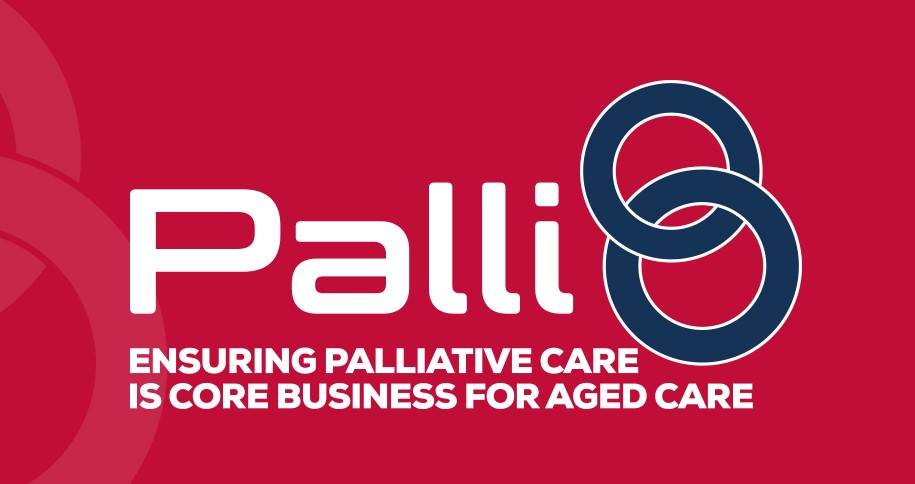Royal Commission’s call for greater investment in palliative care a significant first step toward better outcomes for all Australians
Royal Commission’s call for greater investment in palliative care a significant first step toward better outcomes for all Australians
Monday, March 01, 2021
Palliative Care Australia (PCA) has welcomed the recommendations of the Royal Commission into Aged Care Quality and Safety (The Commission) and hopes that the Government will now act swiftly to enact them.
PCA is encouraged that the Commission has either fully or partially embraced many of the priorities it highlighted in its eight submissions recognising the fundamental importance of palliative care in delivering quality aged care.
PCA Chair, Professor Meera Agar says the Commission’s report is a significant step towards reforming the aged care system and improving older Australians’ quality of life.
“Over a third of Australians will die in residential aged care, yet up until now, palliative care has never been considered core business in aged care. Backed by the Royal Commission’s final recommendations and our KPMG report, which proved palliative care also makes economic sense, we now have a very strong case to convince governments that we need to improve palliative care in aged care,” said Professor Agar.
Palliative care is one of four areas singled out for immediate attention, with The Commission stating that, “A number of our recommendations will contribute to ensuring high quality palliative care becomes core business for aged care services.”
Other key recommendations include comprehensive sector funding that specifically includes palliative and end-of-life care and a review of the Aged Care Quality Standards to require residential aged care providers to provide high-quality palliative care, which both align with PCA’s Palli8 plan.
As defined by the World Health Organisation, palliative care is an approach that improves the quality of life of patients and their families facing the problem associated with life-threatening illness, through the prevention and relief of suffering by means of early identification and impeccable assessment and treatment of pain and other problems, physical, psychosocial and spiritual.
While additional training and funding will be essential, a significant change in the perception and definition of palliative care in aged care and its associated funding will also need to occur, to ensure that residents can access palliative care proactively, in a timely fashion and based on need not just in the last few days of life.
PCA will monitor the implementation of these key recommendations in the coming months and offers its support to The Commonwealth and State and Territory governments during the process.
Media contact: David McKeown – 0417 501 304 – communications@palliativecare.org.au
